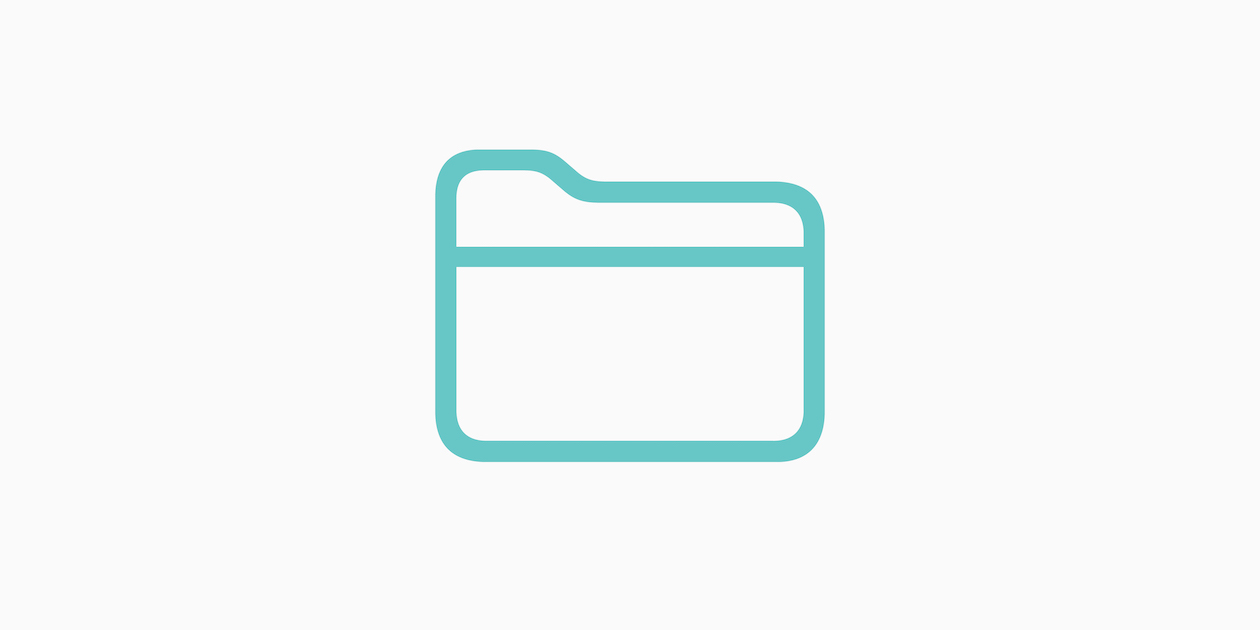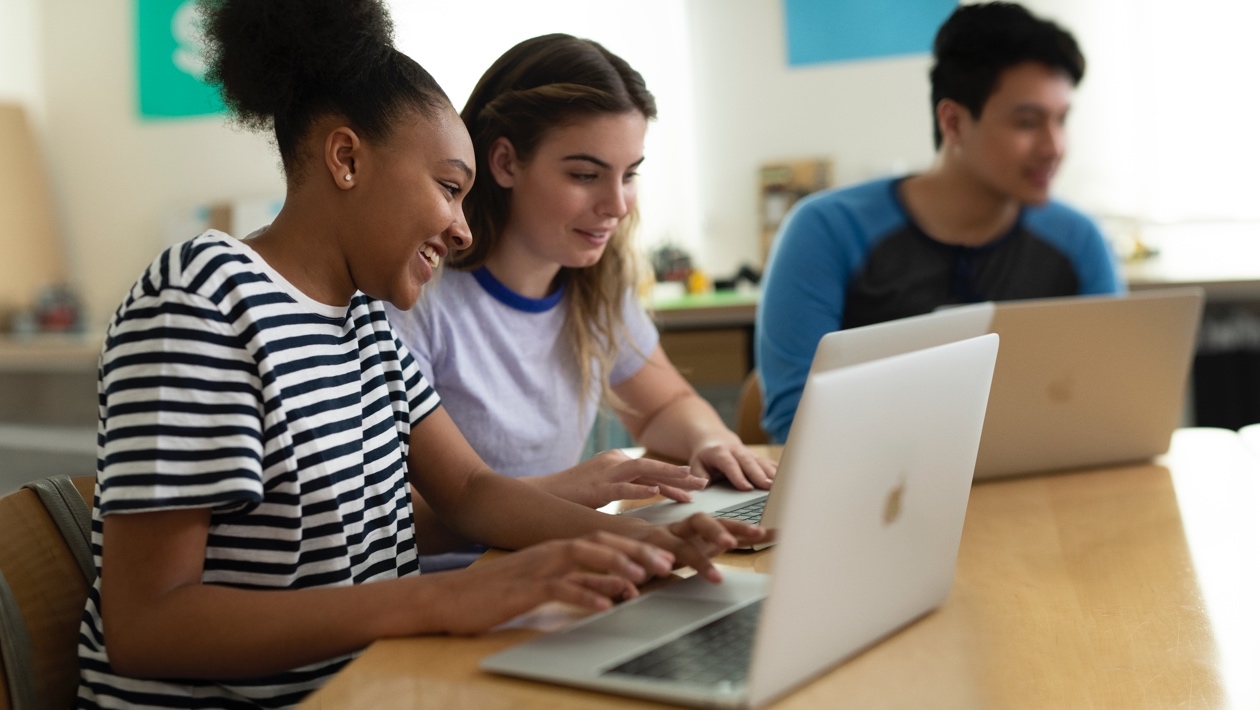To bring coding to the early years teachers need to understand what coding is and how the skills of a good coder are related to the skills we are developing across the areas of learning.
The Cornerstones of Coding
Being good at coding is more than inputing commands in sequence. Good coders are actually good problem solvers. Coding is a process underpinned by the skills of:
- Pattern Spotting and Sequencing
- Breaking larger problems down in to small steps (Decomposition)
- Looking for mistakes and correcting them (debugging)
- Making predications based on prior knowledge (Logical Reasoning)
- Testing out ideas (Evaluating)
- Playing around (Tinkering - yes that's a technical term too!)
Looking at this list of skills and the definitions, I immediately see a link to The Characteristics of Effective Learning.
For readers who are new to the Early Years Foundation Stage in England, you can view the 2021 'Development Matters' handbook and read about The Characteristics of Effective Learning which underpin all learning for birth to 5 year olds here (page 12).
Skills for Effective Learning
We should be encouraging our young learners to play and explore by 'learning through trial and error'. They should be active learners and 'bounce back after difficulties' or 'persist with challenges that occur'. Children should also be creating and thinking critically by 'finding ways to solve problems', 'testing their ideas', 'develop an understanding of cause and effect' or 'change their strategies as needed'.
There are clear links between the skills of coding and The Characteristics of Effective Learning. In fact, providing opportunities for children to learn to code in the early years may well help them to be better critical thinkers in all aspects of their learning.
Progression for Coding
You can provide the skills for coding and prepare young children for Key Stage 1 Computing without any computers or devices, it's called unplugged coding. The free Early Learners guide from Apple's Everyone Can Code curriculum is a perfect start for some unplugged thinking and problem solving. Below is an example of my favourite activity from the guide:
In the pictures above, children are playing in three roles: Programmer (giving commands), Designer (setting out the floor puzzle tiles) and Tester (acting as the robot following the commands). All of the cards are symbol based and include 'Swift Code' to show what commands look like when programming on iPad.
This activity promotes good characteristics of learning, encouraging children to 'think of ideas', 'find ways to solve problems', 'plan and make decisions about how to approach a task' and 'to reach a goal'; all skills from The Characteristics of Effective Learning. I also like how this activity encourages some learners to 'take a role in their play', engaging those children who may not visit your role play areas that often! It also supports a curriculum for coding. Children are sequencing, breaking the problem down in to steps (decomposition), applying logical reasoning to their play and evaluating their steps throughout the play. This product is also great resource if you want a ready made kit.










Attach up to 5 files which will be available for other members to download.